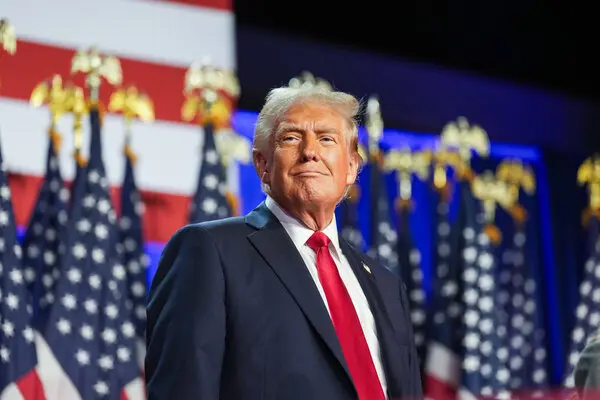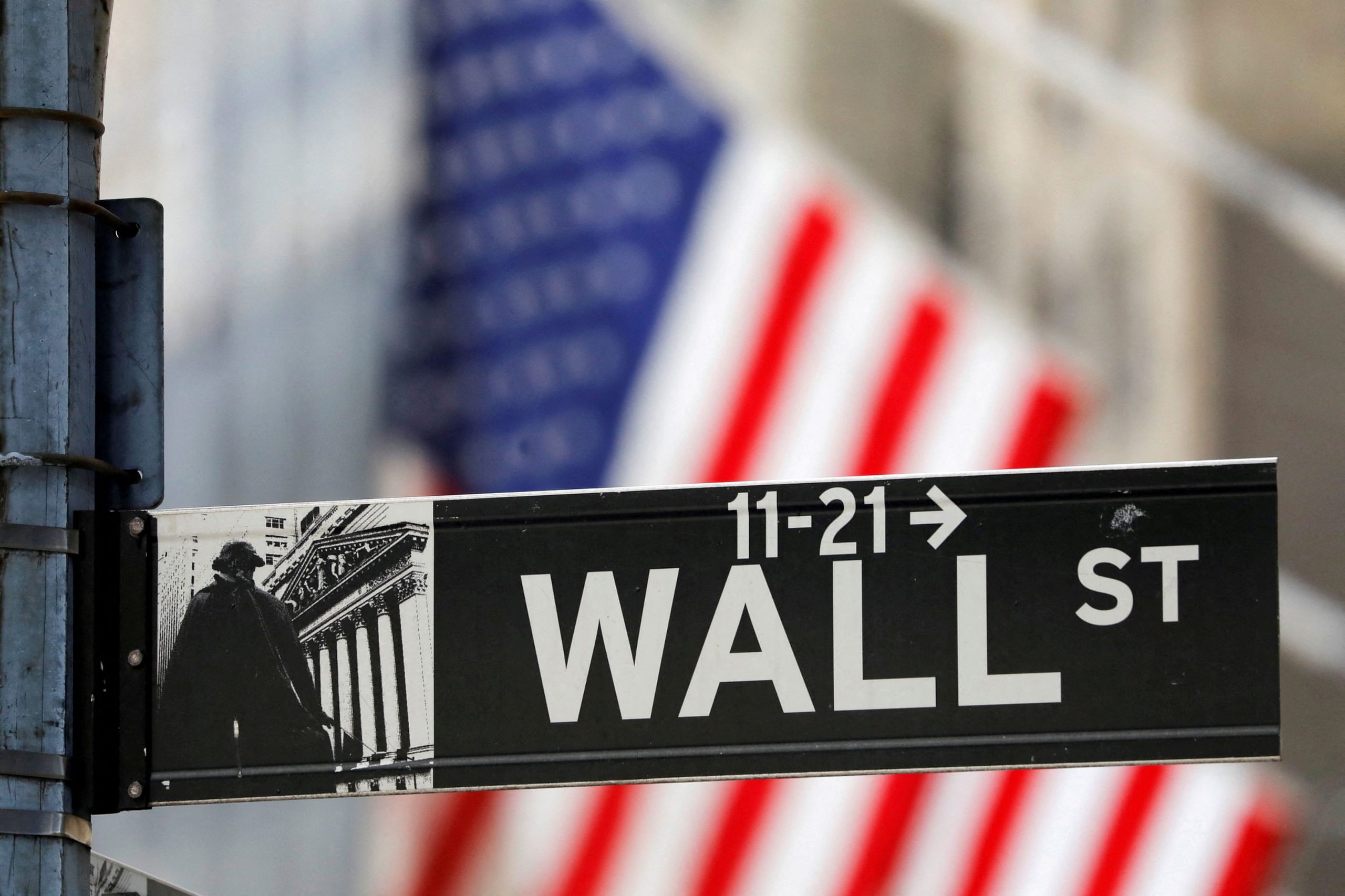Wall Street is buzzing with anticipation that mergers and acquisitions will surge after Donald Trump returns to the White House in January. According to CNBC, corporate leaders and dealmakers expect that Trump’s administration will mean “lighter and targeted regulation” that will create a “much more conducive” environment for economic growth.
The potential M&A boom would follow what some describe as a chilling period of stricter oversight under the Biden administration. In recent years, the DOJ and the FTC under Chair Lina Khan had raised scrutiny on major deals, which some argue put a damper on M&A activity. Khan’s approach drew criticism, particularly for its tough stance on biopharma mergers, which she has argued could stifle drug innovation and limit consumer choices. In September, Khan noted, “when you see greater scrutiny of mergers, you can see greater deterrence of illegal mergers.”
But with the red wave following Trump’s victory over Democratic candidate Kamala Harris and Republicans gaining a Senate majority, experts expect the landscape to shift. “We know kind of where the world is headed in a Trump environment because we’ve seen it before,” said Jeffrey Solomon, president of TD Cowen, on CNBC’s Money Movers. Solomon added, “There will be lighter and targeted regulation,” signaling that a more business-friendly approach is on the horizon.
On Wednesday, the markets seemed to echo this sentiment, with the Dow Jones Industrial Average soaring 1,500 points to a new record high after the Republican win.

Lighter Antitrust for Pharma?
Pharmaceutical executives are particularly hopeful. A health-care M&A advisor told CNBC that while antitrust enforcement “could hardly have gotten worse,” the new administration could bring meaningful improvements. During Biden’s term, biopharma deals faced a series of regulatory obstacles: the FTC, led by Khan, blocked mergers that might, in its view, threaten competition in specific drug markets. One such case involved biotech giant Illumina, which agreed to divest Grail, its diagnostic test subsidiary, following battles with the FTC and European regulators.
In another high-profile move, the FTC halted Sanofi’s proposed acquisition of a treatment for Pompe disease, a rare genetic condition, from Maze Therapeutics. This led Sanofi to eventually abandon the deal. Jared Holz, a Mizuho health-care strategist, remarked, “Whether or not Lina Khan is bounced day one is a key consideration, but even if fewer changes at the FTC take place, there is no doubt this administration — at least on paper — will be far more amicable when it comes to business combinations.”
Financial Sector Prepares for Consolidation
The financial industry is also bracing for potential changes. Regional banks, in particular, are likely to see increased M&A activity as they seek scale and cost efficiencies. A former industry executive told CNBC that smaller banks had “been getting gobbled up for some time,” a trend expected to accelerate under the Trump administration’s pro-business stance.
With Republicans gaining control of the Senate, outspoken antitrust advocates like Senator Elizabeth Warren (D-Mass.) may find it harder to push for investigations. This shift could smooth the path for larger deals in the financial sector, according to CNBC sources.
Warren Buffett’s $127 Billion Warning to Wall Street: What It Could Mean for the Stock Market
Technology Deals: An Uncertain Path?
However, tech deals may still face hurdles. Experts suggest that regulatory scrutiny might continue in the tech industry, where giants such as Amazon and Google often attract regulatory attention over antitrust concerns. While some sectors are expected to benefit more directly from Trump’s policies, the approach to tech could remain complex.

A New Era for Wall Street?
As Trump’s inauguration approaches, Wall Street dealmakers and executives are hopeful about a friendlier regulatory environment that could ignite economic growth. One anonymous dealmaker told CNBC, “Assuming interest rates drop and you see corporate tax rates go down, the ingredients are there for a really active M&A market.”
Whether these expectations will materialize remains to be seen, but with a favorable political climate and “pent-up demand” in many sectors, the next few years could prove transformative for corporate deal-making.

